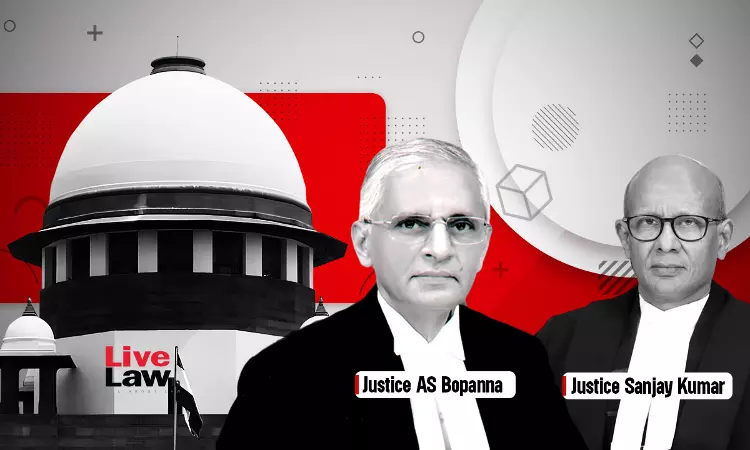Why ED Must Furnish Grounds Of Arrest To Accused In Writing? Supreme Court Explains
LIVELAW NEWS NETWORK
4 Oct 2023 5:14 PM IST

Next Story
4 Oct 2023 5:14 PM IST
In a landmark judgment in the case Pankaj Bansal v. Union of India, the Supreme Court has held that the Directorate of Enforcement (ED) must furnish the reasons of arrest to the accused in writing.While holding so, the bench comprising Justices AS Bopanna and PV Sanjay Kumar, noted that Section 19 of the Prevention of Money Laundering Act, that gives the power to officers of ED to arrest...
